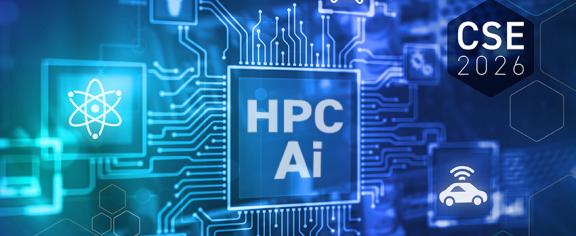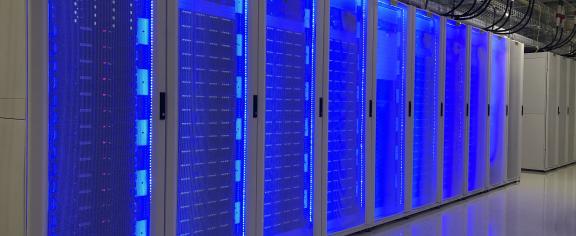2026-01-27
A newly discovered vulnerability could allow cybercriminals to silently hijack the artificial intelligence (AI) systems in self-driving cars, raising concerns about the security of autonomous systems increasingly used on public roads.
2026-01-29
Georgia Tech researchers say HPC and artificial intelligence (AI) advances this year are poised to improve how people power their homes, design safer buildings, and travel through cities.
2026-01-15
Georgia Tech researchers are using an NSF grant to create new large-language models that help autistic job seekers understand their strengths and how to leverage them during the application process.
2025-11-24
Three Georgia Tech faculty members received Google Academic Research Awards to study how to make AI safer.
2025-09-23
A Georgia Tech team is piloting AI-powered sensors to help cotton farmers optimize pesticide use.
2025-09-03
Artificial intelligence is growing fast, and so are the number of computers that power it. Behind the scenes, this rapid growth is putting a huge strain on the data centers that run AI models.
2025-08-11
A group of Georgia Tech students, faculty, and alumni, achieved international fame on Friday when they won DARPA’s AI Cyber Challenge (AIxCC) and its $4 million grand prize.
2025-08-01
The new center will promote research and collaboration focused on using state-of-the-art artificial intelligence and machine learning techniques to address complex scientific challenges.
2025-06-11
A Georgia Tech team earned second place in the ICRA Robot Teleoperation Contest for their EgoMimic algorithm, which allows robots to learn skills by mimicking human tasks from first-person video.
2025-07-15
The National Science Foundation has awarded Georgia Tech and its partners $20 million to build a powerful new supercomputer that will use artificial intelligence to accelerate scientific breakthroughs.









